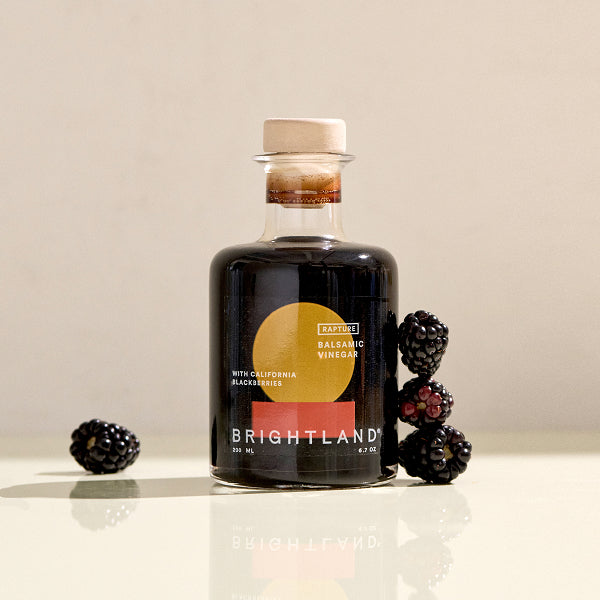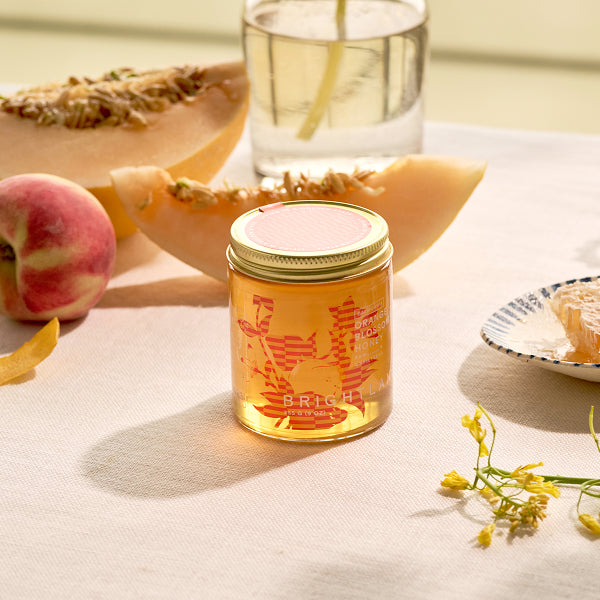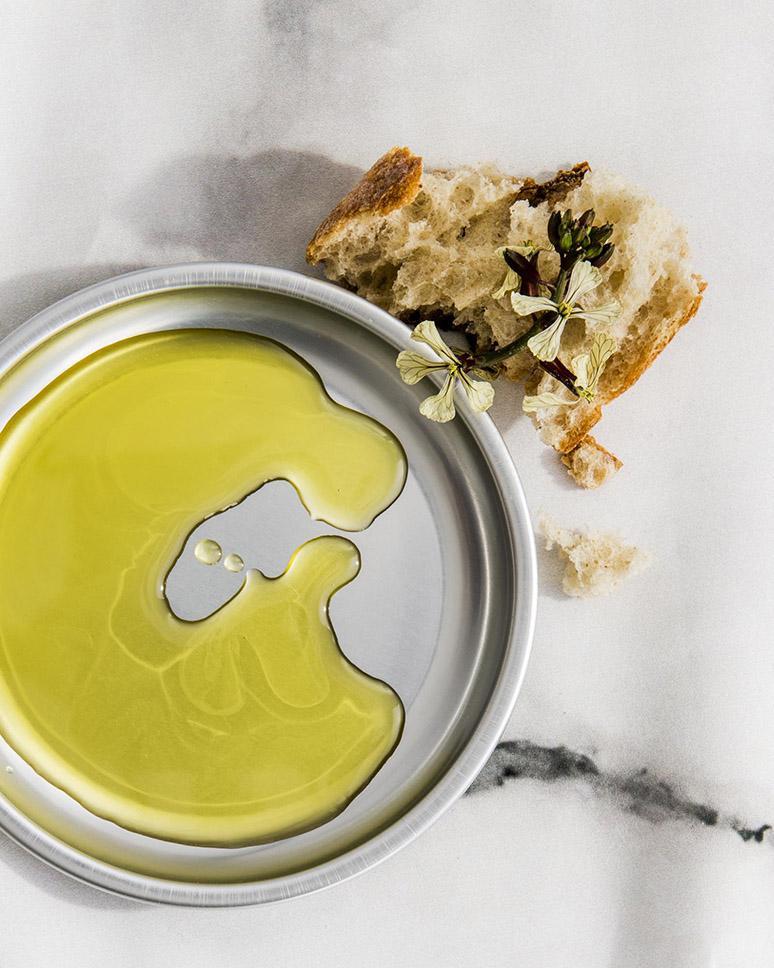[close type="rte"] [open type="images" count="1"]Olive oil is derived from olives, while coconut oil is derived from coconuts. Extra virgin olive oil is considered healthier on the whole because it is much lower in saturated fat, much richer in good fats and contains more nutrients. Coconut oil has a subtly sweet flavor profile, while olive oil is a bit more versatile.
Have you noticed that coconut oil seems to be having a moment? Like many fats, the tropical oil was demonized for decades because it was thought unhealthy, but a shift in thinking and some great marketing has re-popularized the oil and made it trendy yet again. But is coconut oil as healthy, delicious or versatile as olive oil? In this guide, we will pit — pun intended — these two beloved fats against one another to see which one comes out on top.

The Difference Between Olive Oil and Coconut Oil
Both olive oil and coconut oil are plant-based fats extracted from fruit. They are both used in cooking, baking and cosmetics. The primary difference between the two oils is the fruit from which they are extracted. Extra virgin olive oil is squeezed from olives, whereas coconut oil is squeezed from the flesh of the coconut. While olive oil is liquid at room temperature, coconut oil is more like a soft solid (similar to butter), which makes it a popular option for things like spreads and shortenings.
[close type="rte"][open type="rte"]While these two oils share many similarities, there are a few things that make them distinct from one another.
Olive Oil Is Healthier and More Nutritious
Which is healthier — coconut oil or olive oil? The clear winner in this matchup is olive oil. That is because it is rich in good fat (polyunsaturated fat) and low in bad fat (saturated fat). Coconut oil contains 80 to 90 percent saturated fat. According to the experts, a tablespoon of coconut oil contains about six times as much saturated fat as olive oil. A diet high in saturated fat has been linked to increased levels of bad cholesterol, which can raise the risk of heart disease.
Integrating a healthy olive oil into your diet is a smart option because it can actually help lower your total cholesterol and low-density lipoprotein (LDL) cholesterol levels, which can in turn lower your risk of heart disease. On top of that, there is evidence to suggest that you may get more nutrients from extra virgin olive oil, including beneficial antioxidants. While coconut oil can be nutritionally dense, the vast majority of commercial coconut oil is highly refined and provides few antioxidants.
[close type="rte"][open type="rte"]Here is a nutrition comparison between olive oil and coconut oil, with data supplied by the USDA.
|
Nutrient (1 Tablespoon) |
Olive Oil |
Coconut Oil |
|
Calories |
119 |
120 |
|
Vitamin E |
1.94 MG |
.015 MG |
|
Vitamin K |
8.13 µg |
.084 µg |
|
Saturated Fat |
1.86 G |
11.6 G |
|
Monounsaturated Fat |
9.85 G |
.88 G |
|
Polyunsaturated Fat |
1.42 G |
.24 G |
Olive Oil Is More Versatile in Flavor
There is no denying that these two oils differ widely in flavor profile. High-quality, unrefined coconut oil tastes, well, like coconuts. More refined coconut oil is much milder with regard to flavor and odor, but in exchange for a more mild profile, the refining process strips away many of the fruit’s essential nutrients. With that said, coconut oil tends to have a more distinct flavor — especially when exposed to heat — which is often sweet, fruity and tropical.
The coconut oil flavor works well when cooking things like curries, desserts and other dishes where you do not mind a little tropical sweetness. On the other hand, high quality extra virgin olive oil has a more olive-like flavor and may be nutty, fruity, buttery or peppery, depending on the variety you use. This makes it ideal for cooking all sorts of dishes and cuisines. Because of its versatility, you will find infused options (such as our lemon olive oil) that make flavoring dishes even easier.
[close type="rte"][open type="images" count="1"]
Both Have Their Place in the Kitchen
Since it is healthier and more nutritious, olive oil is on the whole considered the better choice for daily cooking. With that said, that does not mean you should banish coconut oil altogether. It is a great way to add a little sweetness to a wide variety of dishes, but it is best consumed in moderation. For daily use, extra virgin olive oil is your best bet. Ready to start cooking?



























